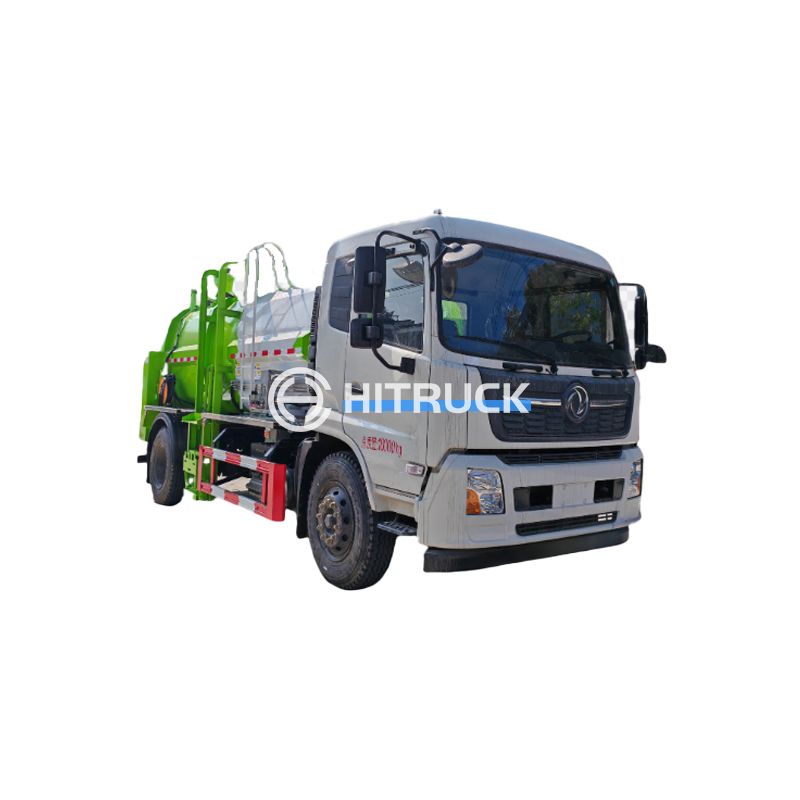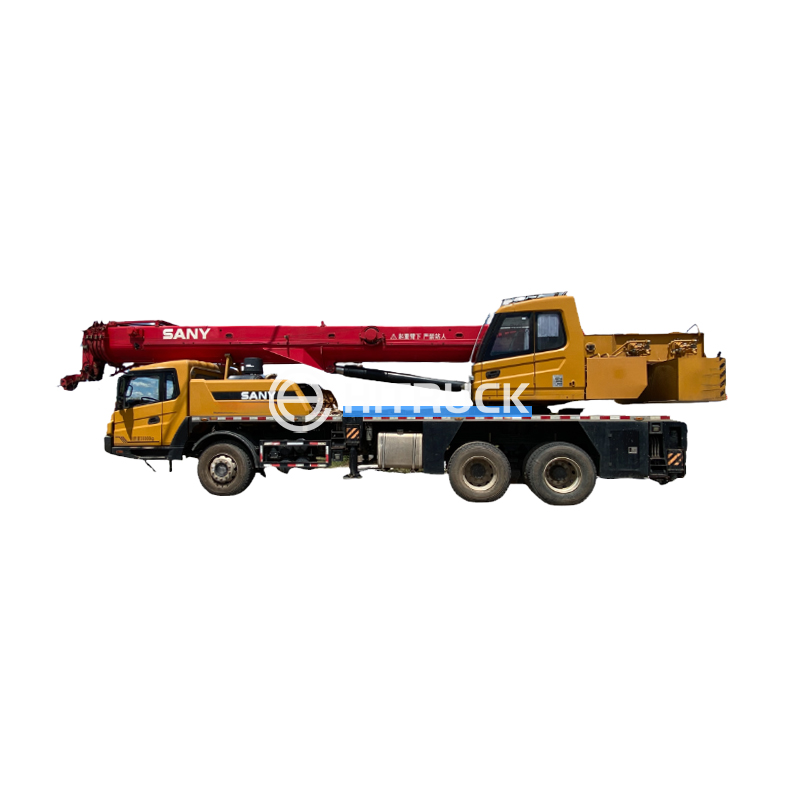This guide helps you navigate the market for second hand water tankers, covering everything from finding reputable sellers to assessing the condition of the tanker itself. We'll explore various factors to consider, ensuring you make an informed decision for your specific needs.
The first step is determining your required second hand water tanker capacity. Consider the volume of water you need to transport regularly. Will it be for agricultural irrigation, construction site use, emergency response, or another purpose? The dimensions of the tanker are also crucial, considering access roads, storage space, and legal restrictions on vehicle size in your region.
Second hand water tankers are made from various materials, each with its own pros and cons. Steel is common due to its strength and durability but is susceptible to rust. Aluminum offers lighter weight and corrosion resistance, but it can be more expensive. Fiberglass is a lightweight and corrosion-resistant option, but it may not be as strong as steel. Consider the lifespan and maintenance requirements of each material.
The pumping system is a critical component. Assess its capacity, efficiency, and reliability. Check the condition of the pump, hoses, and any other accessories, such as fill and discharge valves. Ensure they are compatible with your intended use and are in good working order. Look for evidence of regular maintenance. A well-maintained pumping system can significantly increase the lifespan and efficiency of your second hand water tanker. A broken pump can lead to significant downtime and repair costs.
Numerous online marketplaces list second hand water tankers. Thoroughly research each seller and check for reviews and ratings before making a purchase. Reputable sellers will provide detailed information about the tanker's history and condition. Always verify the legitimacy of the seller.
Auction sites can offer good deals on second hand water tankers, but it’s essential to carefully inspect the tanker before bidding. You might need to travel to see it in person. Be aware of any hidden costs associated with auctions.
Local dealerships specializing in used heavy equipment often stock second hand water tankers. They can offer guidance on selecting the right tanker and provide support after the sale. However, prices might be higher compared to private sales.
A thorough inspection is crucial before purchasing any used equipment. Look for signs of rust, damage, or leaks. Check all components of the pumping system, including the pump itself, hoses, and valves. Inspect the chassis and tires for wear and tear. A pre-purchase inspection by a qualified mechanic is highly recommended.
Before committing to a purchase, consider the following:
| Factor | Considerations |
|---|---|
| Budget | Set a realistic budget and stick to it. Include costs for transportation, inspection, and potential repairs. |
| Maintenance History | Request detailed maintenance records from the seller. A well-maintained tanker will generally require less maintenance and have a longer lifespan. |
| Legal Compliance | Ensure the tanker meets all applicable safety and regulatory requirements. |
For a wider selection of heavy-duty vehicles, including second hand water tankers, consider visiting Suizhou Haicang Automobile sales Co., LTD.
Remember, purchasing a second hand water tanker requires careful planning and thorough due diligence. By following these steps and considering these factors, you can significantly increase your chances of finding a reliable and suitable tanker for your needs.












